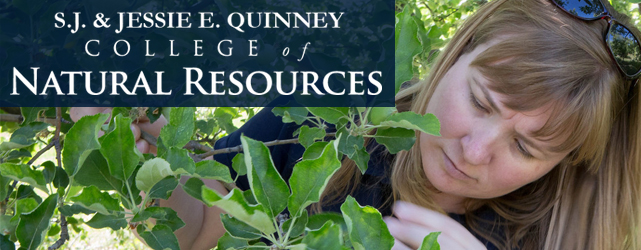Document Type
Report
Journal/Book Title
Global Livestock Collaborative Research Support Program
Publisher
University of California at Davis
Publication Date
12-2009
Abstract
Since 2000, the PARIMA project has implemented risk-management activities among semi-settled pastoralists in southern Ethiopia. The goal has been to improve human welfare via collective action and capacity building. Outcomes include progress in income generation, asset conservation, and livelihood diversification. Fifty-nine collective-action groups were created. Dominated by women, they included over 2,000 founding members and groups have recently merged to form 37 cooperatives, consistent with government policy. Creating sustainable impacts via collective action and capacity building requires many inputs. Taking raw, illiterate volunteers and transforming them into sustainable groups took up to three years, on average. Costs of implementing this program are estimated at USD 34 per person for a target population of 13,800 direct beneficiaries, based on an exchange rate of 9.1 Ethiopian Birr per USD. This is about USD 1 per person per month. The project has generated many direct and indirect benefits for individuals and communities, but these are very difficult to quantify. We speculate, however, that there has been a large and positive net benefit from the project once costs are considered. Simply knowing potential costs is useful because it helps development agencies decide how such programs might be effectively designed and implemented.
Recommended Citation
Coppock, D. Layne; Tezera, Seyoum; and Desta, Solomon, "Costs of Implementing Collective Action and Capacity Building Among Pastoralists in Southern Ethiopia" (2009). Environment and Society Faculty Publications. Paper 217.
https://digitalcommons.usu.edu/envs_facpub/217






Comments
Tezera, S., D.L. Coppock, and S. Desta. 2009. Costs of implementing collective action and capacity building among pastoralists in southern Ethiopia. Research Brief 09-03-PARIMA. Global Livestock Collaborative Research Support Program (GL-CRSP), University of California, Davis. 5 pp.